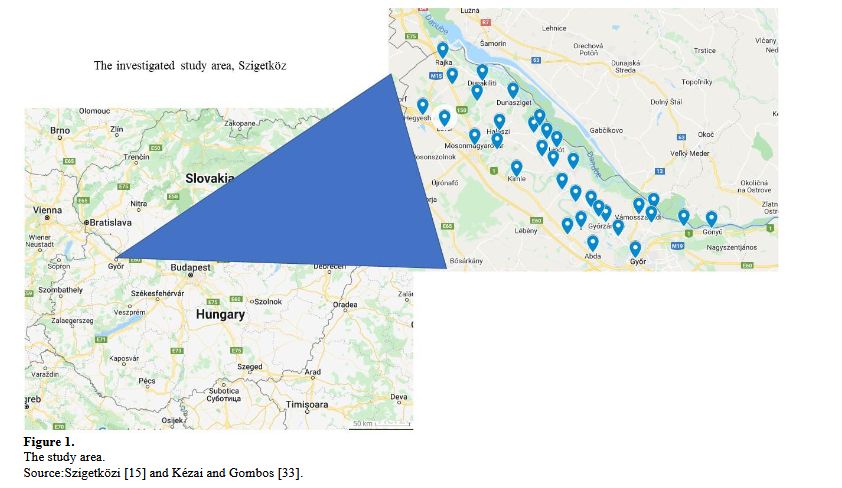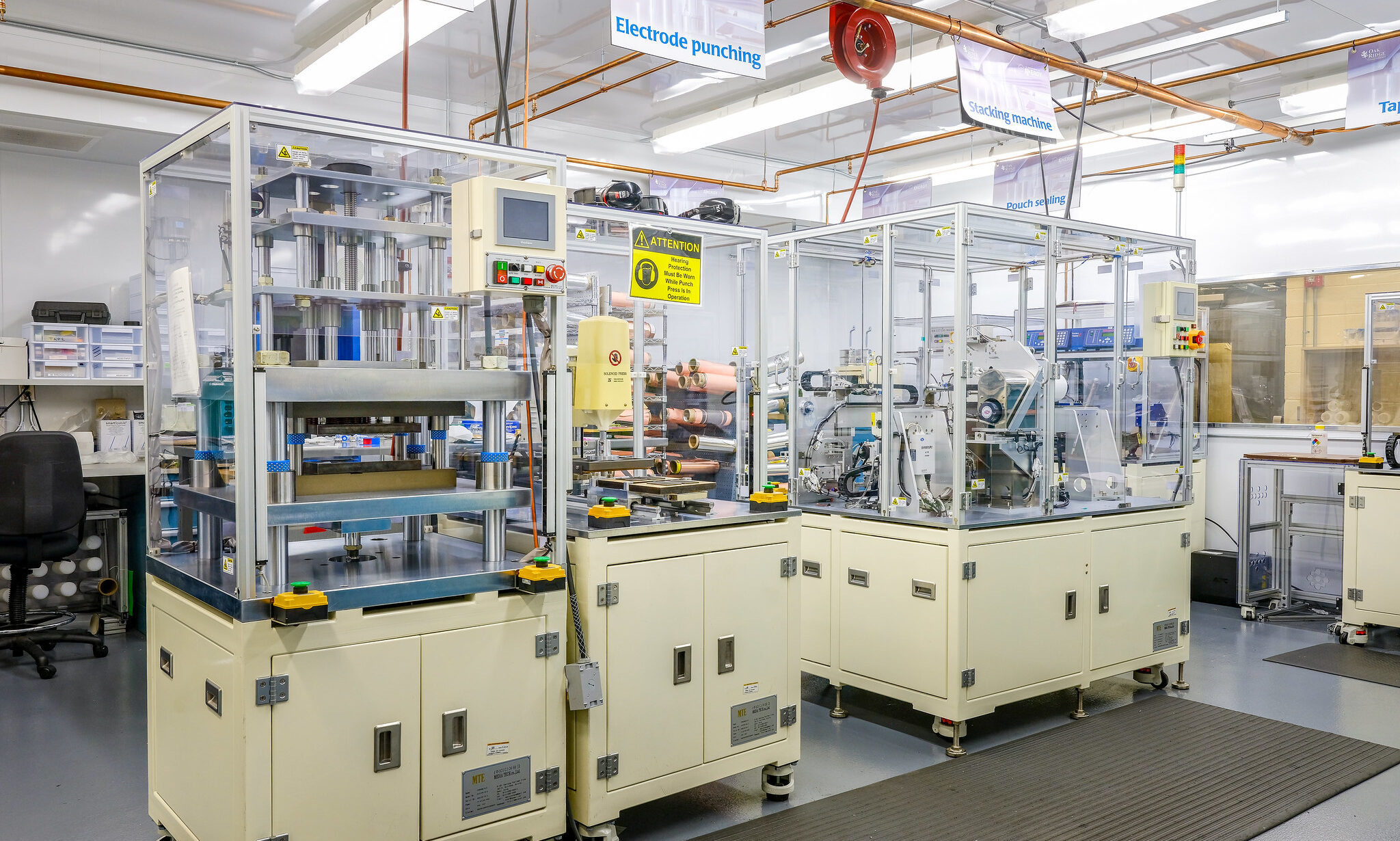The presentation will take place in a hybrid format via zoom interface or in person in the room on 13.03.2025, from 13.00.
Speaker: Thilo Klein
Title: Access, Achievements, and Aspirations: The Impacts of School Tracking on Student Outcomes
BIO: Thilo Klein is a senior researcher at ZEW Mannheim and a tenured professor at Pforzheim Business School. He earned his PhD from the University of Cambridge and served as an official with the OECD. His work focuses on market design, matching theory and empirical methods, including the allocation of childcare and school places. He has published in top journals, including Games and Economic Behavior, and his research has informed policy debates at national and international level.
Abstract:
Though the use of tracking policies to stratify students is commonplace, evidence concerning the effects of ability-based tracking on student performance is mixed. Using rich data from the Hungarian secondary school centralized assignment mechanism and a quasi-experimental framework, we find that attending the highest track noticeably improves standardized test scores and university aspirations two years post-match. Heterogeneity analysis finds this effect is independent of socioeconomic status, prior achievement, and parents’ educational attainment, and we find only limited evidence of peer spill-over effects in terms of academic ability. Given socioeconomic disparities in track placement, tracking may reinforce educational inequality.







